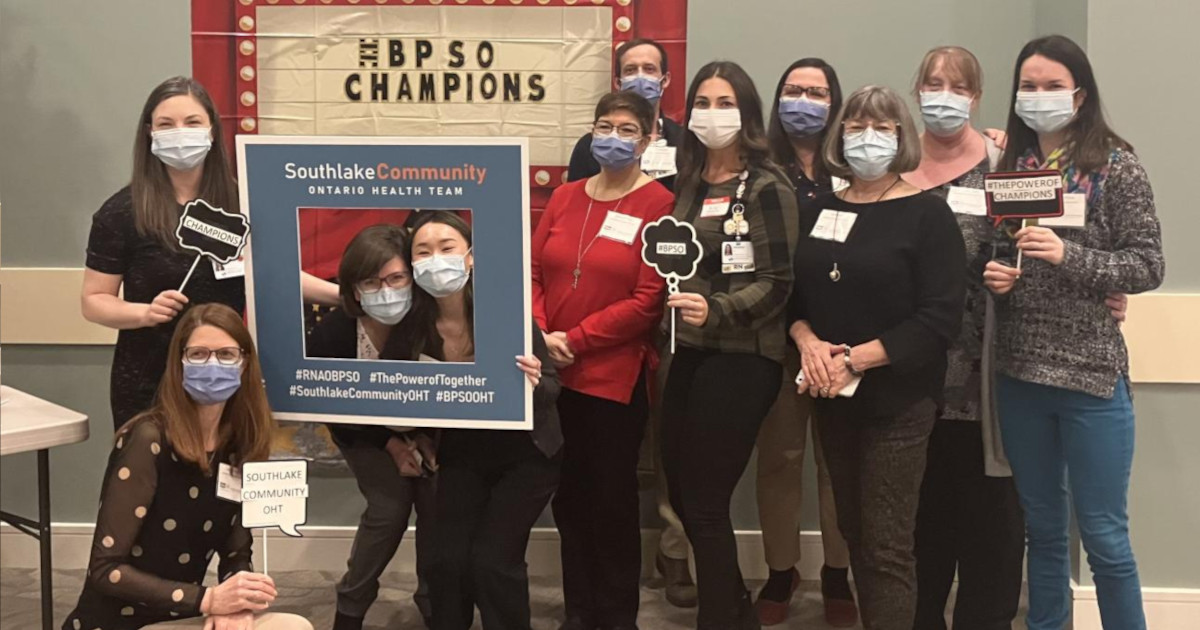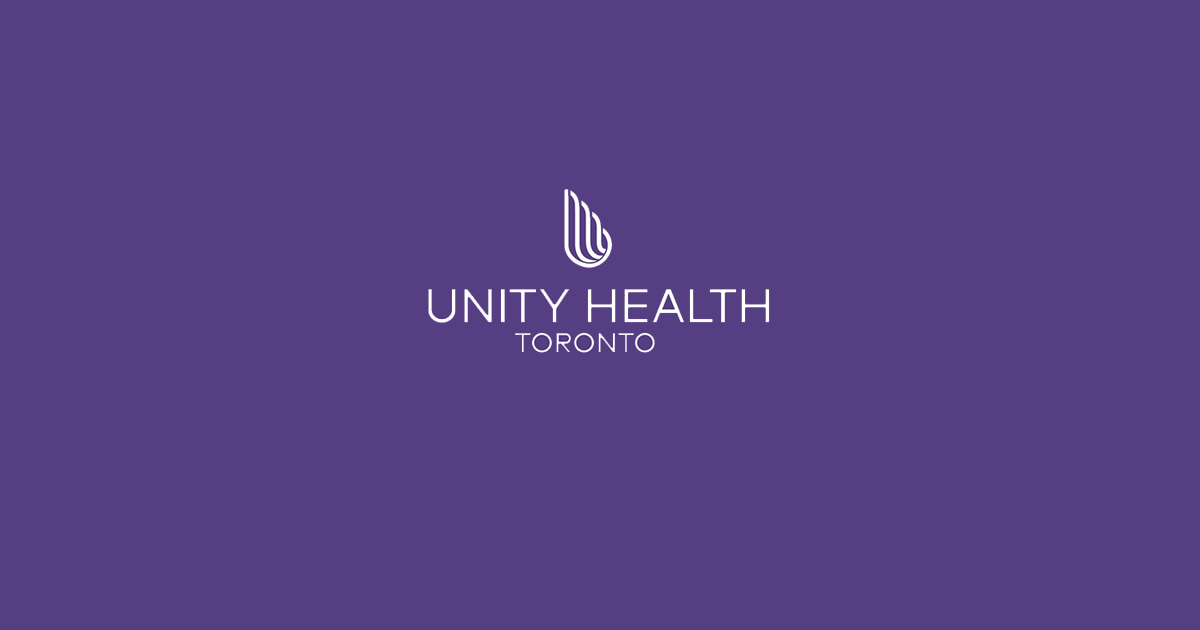Case studies
Social Movement Action Framework
Advancing knowledge uptake and sustainability through RNAO's Best Practice Champions Network®
The Best Practice Champions Network® has been engaging change agents for over two decades to facilitate connection, a sense of belonging and a place to continue the implementation of best practice guidelines.
Launched in 2002, the RNAO Best Practice Champions Network® supports the active engagement of volunteer peer Best Practice Champions in knowledge exchange amongst one another, and between them and RNAO. Through this international network, more than 100,000 champions access tools and strategies such as workshops, webinars and online modules (Grinspun, 2018).

Maintaining momentum to achieve excellence - Unity Health Toronto: St. Michael's Hospital
To keep the momentum as a Best Practice Spotlight Organization® (BPSO®), Unity Health Toronto: St. Michael’s Hospital engaged their Professional Practice team as change leaders. Read more in this case study.
To keep the momentum as a Best Practice Spotlight Organization® (BPSO®) implementing, evaluating and sustaining RNAO best practice guidelines (BPGs), Unity Health Toronto: St. Michael’s Hospital, https://rnao.ca/bpg/bpso/st-michaels-hospital, an acute care facility in Toronto, Ontario, Canada engaged their Professional Practice team as change leaders. Strategies the Professional Practice team have used to maintain momentum include:
- profiling the activities, leadership and achievements of their champions and other change agents
- using newsletters, posters and pins to promote BPSO and increase its visibility
- participating in poster galleries and nursing rounds
- publishing multiple articles in scholarly and professional journals to highlight key accomplishments and deliverables
- creating and using an intranet site to update staff on BPSO activities (Ferris, Jeffs, Krock, & Skiffington, 2018).

Sustaining a health system change with momentum
To create system level changes in health-care in the United Kingdom, momentum was fostered to achieve goals. Read more in this case study.
The Health as a Social Movement project for the National Health Services (NHS) developed the Programme Theory of Change to create system-level changes in health care in the United Kingdom.
The project used this theoretical model to provide impetus for change by defining goals for the change. These goals included connecting individuals, groups and organizations acting as change agents with the health system to mobilize local action for health.
Momentum played a pivotal role in achieving system change and transformation. Indicators of momentum included:
- an increase in social connectedness of individuals, groups and/or organizations
- higher levels of control, resourcefulness and resilience in the community
- an increase in change agents’ confidence and influence over the health system
The sustained momentum arising from the individual and collective action aimed to support a preventable and sustainable health system, characterized as having:
- improvements in local services
- an integration of determinants of health into service provision
- higher levels of health and well-being (Arnold et al., 2018).

